On the morning of November 3, continuing the 6th session, the National Assembly worked in the Hall to listen to a summary report on a number of major issues of receiving, explaining, and revising the draft Land Law (amended).
Presenting the report, Chairman of the Economic Committee Vu Hong Thanh provided information related to the rights and obligations of Vietnamese people residing abroad in using residential land.
The Chairman of the Economic Committee said: Some opinions suggested amending the regulations in the direction that Vietnamese people residing abroad with Vietnamese nationality who are Vietnamese citizens have full rights related to land (not just rights to residential land) like Vietnamese citizens in the country (domestic individuals); keeping the same policy as current law for people of Vietnamese origin residing abroad (without Vietnamese nationality).
Based on these opinions and the Government 's opinions in Report No. 598/BC-CP, the draft Land Law (amended) designs 02 options:
Option 1: Accepting comments and amending regulations to contribute to promoting investment growth and attracting remittances from Vietnamese citizens residing abroad. In this direction, it is necessary to review regulations related to land use rights of Vietnamese citizens residing abroad in other laws such as the Housing Law, the Real Estate Business Law, the process and procedures for confirming Vietnamese citizens residing abroad, etc.
Option 2: Keeping the current law, Vietnamese people residing abroad with Vietnamese nationality have the same land use rights as Vietnamese people residing abroad without Vietnamese nationality (people of Vietnamese origin residing abroad).
"The majority of opinions of the National Assembly Standing Committee agree with Option 1 and ask for the National Assembly's opinion on this content," said the Chairman of the Economic Committee.
Regarding land recovery for national defense and security purposes; land recovery for socio-economic development for national and public interests, Chairman of the Economic Committee Vu Hong Thanh said: Some opinions suggested adding cases of land recovery for construction of stations, ports, and security information works.
Incorporating comments and on the basis of Report No. 598/BC-CP, the draft Law supplements this case in Clause 4, Article 78.
Some opinions suggest adding the case of "land recovery to implement projects identified in national planning, national sector planning, provincial planning approved by the National Assembly and the Prime Minister, and investment policy decisions".
Incorporating comments and on the basis of Report No. 598/BC-CP, the draft Law supplements the case of land recovery to "implement projects approved by the National Assembly and the Prime Minister, and decide on investment policies according to the provisions of law". According to this provision, projects of economic organizations with foreign investment capital that do not fall under the cases specified from Clause 1 to Clause 30 of Article 79, but if approved by the National Assembly and the Prime Minister, and decide on investment policies, will be subject to land recovery.
Some opinions suggest adding regulations to prepare for cases where land recovery is really necessary but not yet included in the provisions of the Law.
Incorporating comments and on the basis of Report No. 598/BC-CP, the draft Law supplements the provisions on "implementing projects and works for national and public interests that do not fall under the cases specified from Clause 1 to Clause 31 of this Article, the National Assembly shall amend and supplement the cases of land recovery of this Law according to the simplified procedures".
Regarding the conditions for compensation, support, and resettlement when land is recovered for national defense, security, and socio-economic development purposes for national and public interests (Clause 3, Article 80 and Clause 5, Article 87), some opinions suggest studying the provisions in Clause 3, Article 80 on "completing the approval of compensation, support, resettlement plans and resettlement arrangements" to be more feasible in practice.
Incorporating comments and on the basis of Report No. 598/BC-CP, the draft Law has added one of the cases that meets the conditions of completing the approval of compensation, support, resettlement plans and resettlement arrangements to issue a decision on land recovery, which is after "the person whose land is recovered voluntarily hands over the land to the State and has been arranged for temporary residence or paid for temporary residence" (Clause 5, Article 87) to encourage people to voluntarily hand over the recovered land area, contributing to speeding up the work of compensation, support, and resettlement, and also contributing to helping investment projects to be implemented soon in practice while still ensuring the requirement of limiting impacts on people's lives and activities.
Regarding the subjects allowed to use national defense and security land (QPAN) in combination with labor production and economic construction activities (Clause 1, Article 202), Chairman of the Economic Committee Vu Hong Thanh stated: The National Assembly Standing Committee proposed that the Government clarify that this subject is "enterprises combining economic land with QPAN in which the State holds 100% of the charter capital and are managed by the Ministry of National Defense and the Ministry of Public Security" or includes enterprises combining economic land with QPAN in which the State holds from 50% to less than 100% of the capital; consider expanding the subjects of application which is not consistent with the principle of legalizing the provisions of Resolution No. 132/2020/QH14 which is of a pilot nature with limited subjects of application and scope of application. In addition, it is recommended that the Government direct the strict implementation of legal regulations on management and use of military land in combination with labor production activities and economic development to ensure state management goals, prevent loss or violations, and affect military tasks. The competent approving authority is responsible for ensuring strictness in the process of approving land use plans, and enterprises whose plans are approved are responsible for organizing the implementation of land use plans to ensure efficiency.../.
Source link


![[Photo] Prime Minister Pham Minh Chinh holds talks with Prime Minister of the Kingdom of Thailand Paetongtarn Shinawatra](https://vphoto.vietnam.vn/thumb/1200x675/vietnam/resource/IMAGE/2025/5/16/23b5dd1e595d429491a54e3c1548fb79)


![[Photo] Welcoming ceremony for Prime Minister of the Kingdom of Thailand Paetongtarn Shinawatra on official visit to Vietnam](https://vphoto.vietnam.vn/thumb/1200x675/vietnam/resource/IMAGE/2025/5/16/cdd9e93739c54bb2858d76c3b203b437)






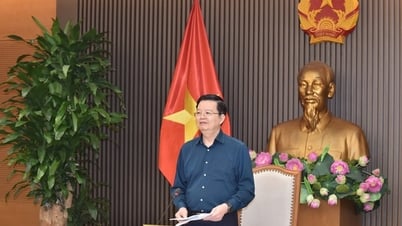
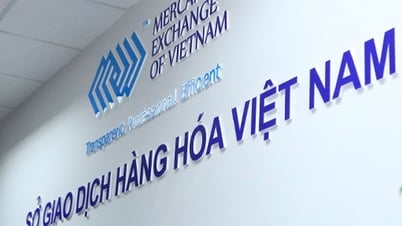


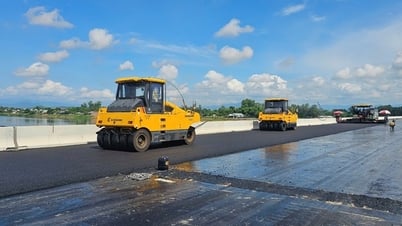





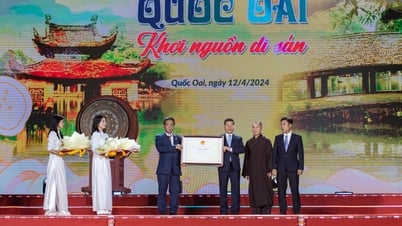

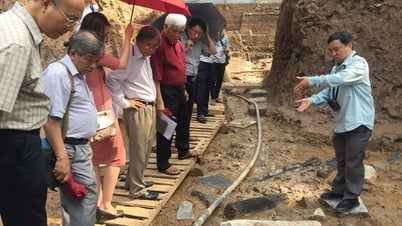








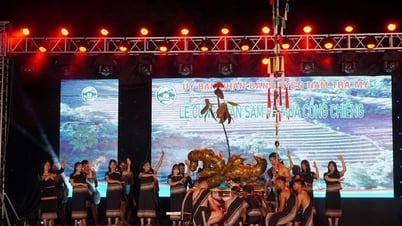
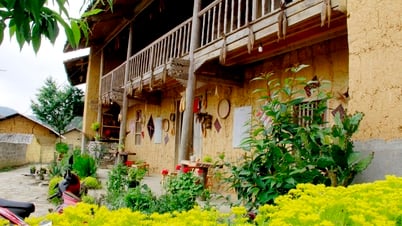












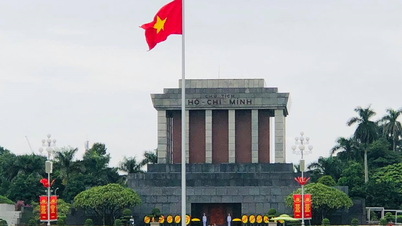











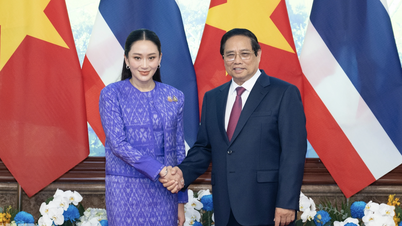
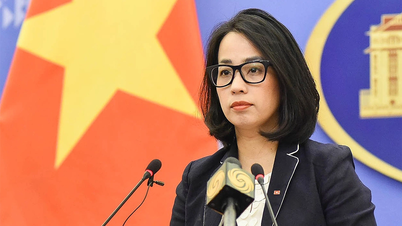


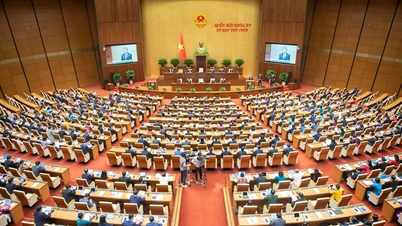

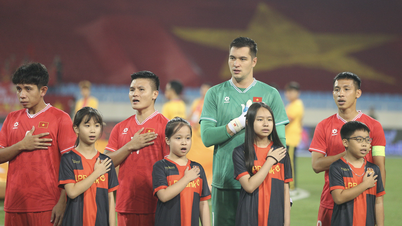
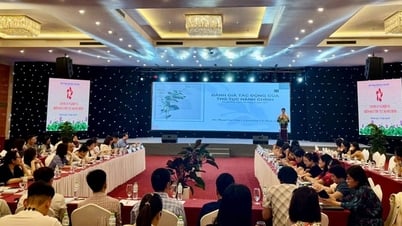

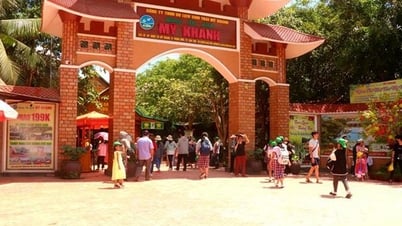




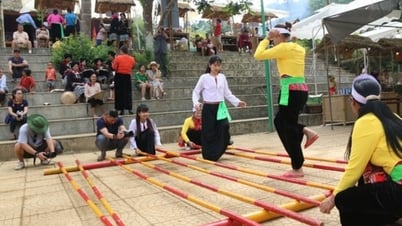

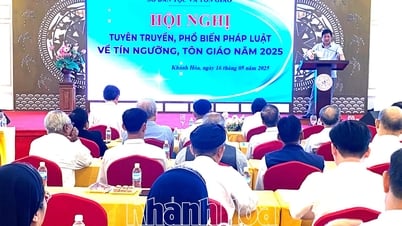



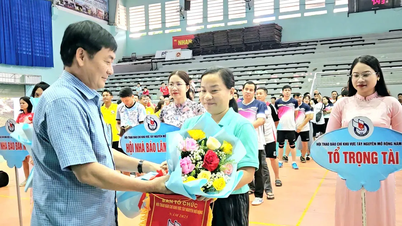
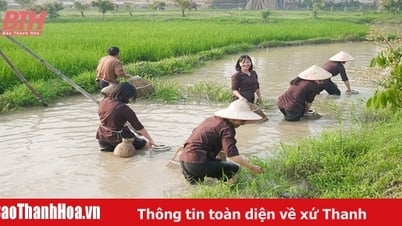











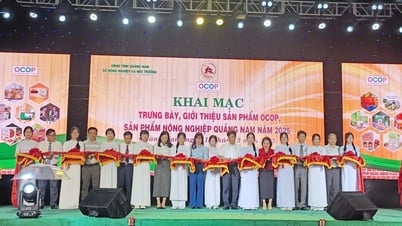

Comment (0)